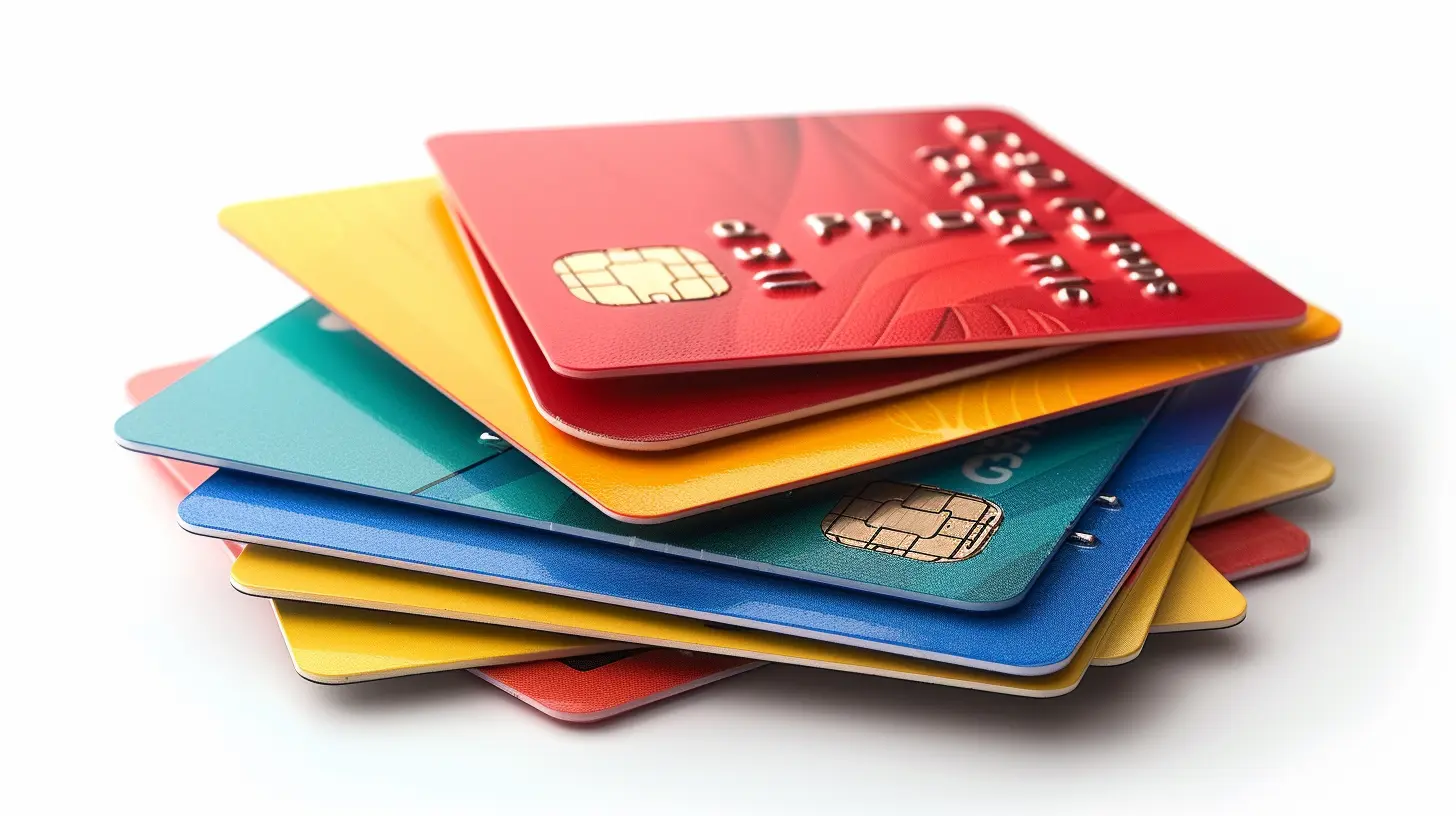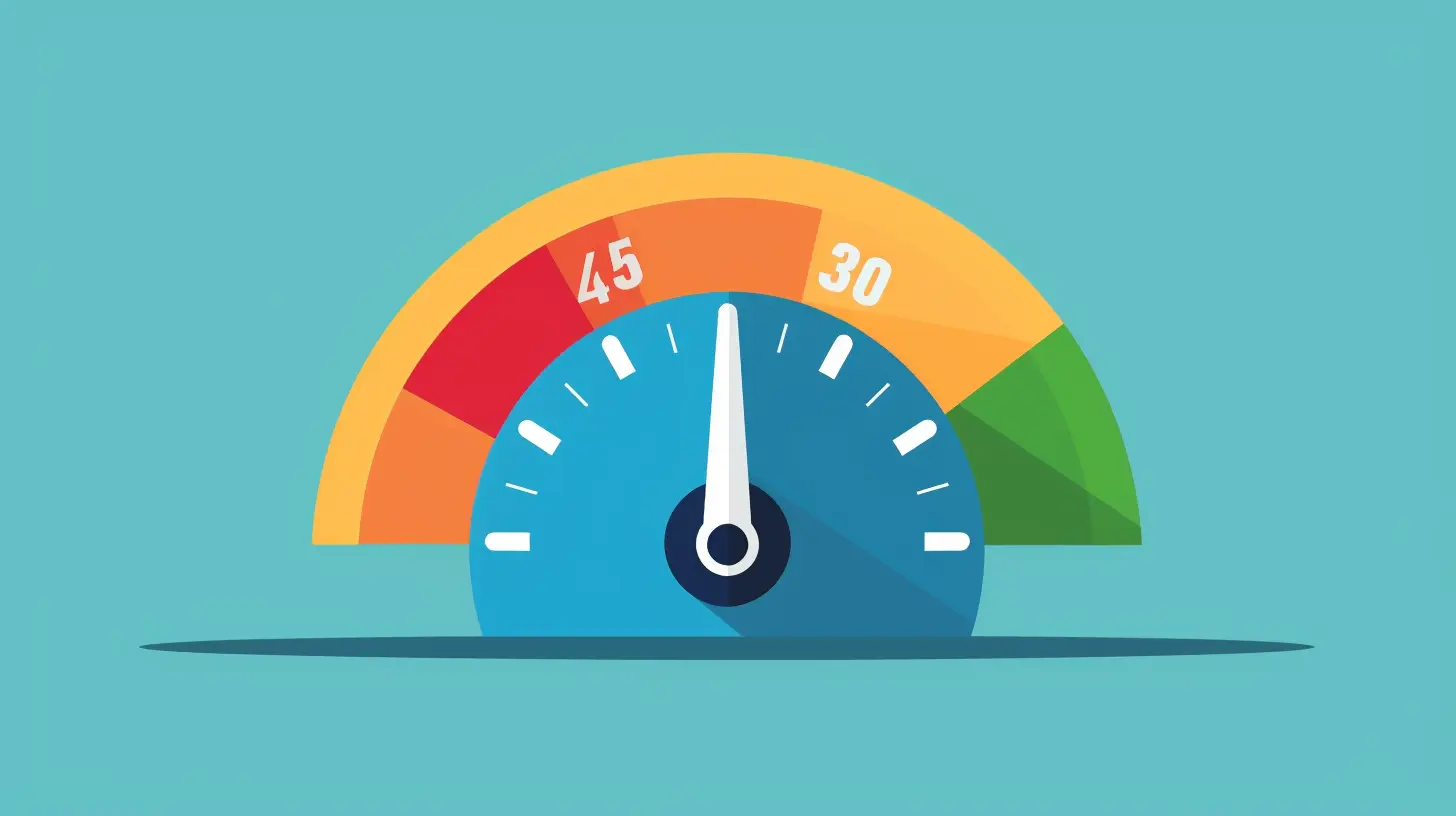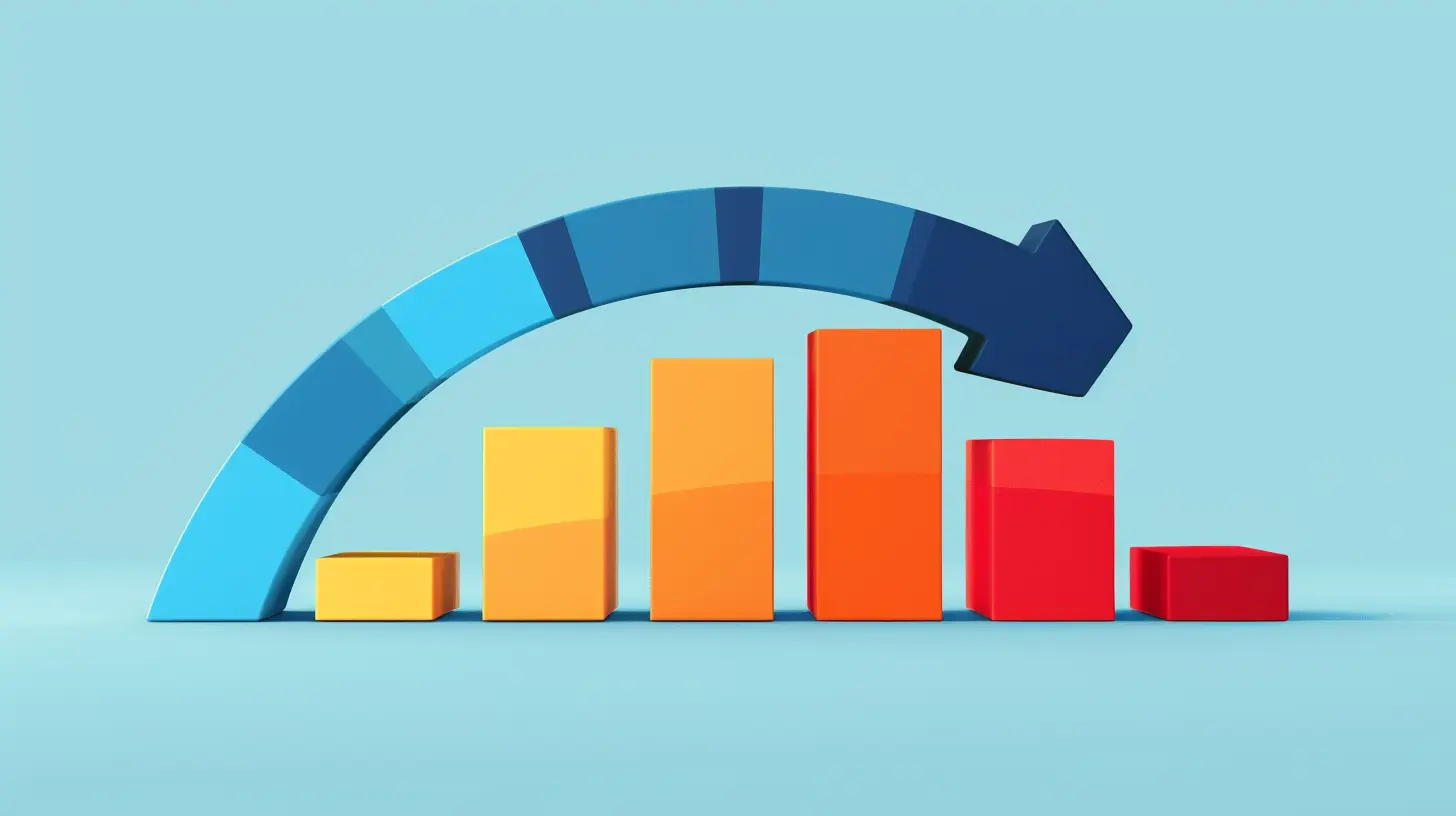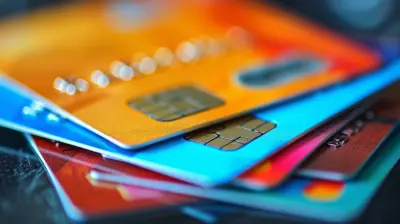The Impact of Debt Consolidation on Your Credit Score
13 August 2025
Let’s talk about something we’ve all probably faced or feared at some point — debt. If you’re juggling multiple credit cards, personal loans, and monthly bills that seem to never end, debt consolidation might feel like a lifeline. But then comes the big question most folks are afraid to ask:
“How will debt consolidation affect my credit score?”
Well, grab a coffee (or something stronger), because we’re about to break it all down — in plain English and without the financial mumbo jumbo. We'll unpack what debt consolidation really means, how it affects your credit score, and what you need to watch out for if you're considering this move.
What Is Debt Consolidation, Really?
Let’s start with the basics — because it’s easy to get lost in the jargon.Debt consolidation is when you roll multiple debts — like credit cards, personal loans, medical bills — into one single payment. The idea? To simplify your life and, ideally, reduce interest rates or monthly payments.
Think of it like this: If your debt is a messy junk drawer filled with tangled cords and old batteries, debt consolidation is dumping it all on the table and organizing it into one neat little container. Much easier to handle.
You can consolidate debt in a few common ways:
- Personal loan: You get one loan and use it to pay off all your smaller debts.
- Balance transfer credit card: You move multiple balances onto one credit card with a low introductory interest rate.
- Home equity loan or line of credit (HELOC): Borrow against your home’s value to pay off debts.
- Debt management plan (through a credit counselor): Not a loan, but a structured repayment plan negotiated with creditors.
Each method has its own pros and cons, and — you guessed it — its own impact on your credit score.
Credit Score 101: What Lenders Look At
Before we dive into how consolidation affects your credit, let’s refresh what makes up your credit score. FICO scores, which most lenders use, are based on:- Payment history (35%): Do you pay your bills on time?
- Amounts owed (30%): How much of your available credit are you using?
- Length of credit history (15%): How long have your accounts been open?
- Credit mix (10%): Do you have a variety of credit (credit cards, loans, etc.)?
- New credit (10%): Are you applying for a lot of new credit recently?
Keep those in mind, because they pop up frequently when we talk about debt consolidation.
Does Debt Consolidation Help or Hurt Your Credit?
Here’s the short answer: It can do both, depending on how you do it and how you handle your finances afterward.Let’s break it down.
✅ Positive Impacts on Your Credit Score
1. Lower Credit Utilization Ratio
This is a fancy term for how much of your credit you’re using compared to your total available credit. Say you’ve got $10,000 in credit limits across all your cards and you’re using $7,000 — that’s a 70% utilization rate, which can tank your score.If you consolidate that $7,000 with a personal loan and pay off the cards, your utilization drops to 0% (assuming you don’t rack them up again). That alone can give your credit score a healthy bump.
2. Simpler Payments = Fewer Missed Due Dates
Life gets hectic. When you’ve got five different due dates and interest rates, things slip through the cracks. One missed payment can hammer your score.Debt consolidation gives you one due date and one monthly payment. That’s a big win for your payment history — which, remember, is 35% of your score.
3. Improved Credit Mix
Lenders like seeing a mix of credit types. If most of your debt is credit cards and you consolidate with a personal loan, you’re adding an installment loan to your profile — that’s a good sign you know how to handle different kinds of credit.❌ Negative Impacts on Your Credit Score
Alright, let’s be honest — it’s not all roses. Consolidation can ding your credit too, especially in the short term.1. Hard Inquiry on Your Report
Whenever you apply for a loan or a balance transfer card, lenders check your credit. That’s called a hard inquiry, and it can knock your score down by a few points. Not a huge deal, but worth noting.Too many inquiries in a short time? That makes lenders nervous.
2. Closing Old Accounts Can Hurt Length of Credit History
Some folks get excited and close all their old credit card accounts once they’ve consolidated. Bad move.Your credit history length matters. Those old cards? They boost your “average account age.” If you shut them down, you shorten your credit history — and that can hurt your score.
Instead, keep the accounts open (if they don’t charge an annual fee) and use them occasionally for small purchases you can pay off immediately.
3. Falling Into Old Habits
This is the big danger: once your credit cards are paid off, it’s tempting to start using them again. If you rack up new debt on top of your consolidation loan, you’re back to square one — or worse.Maxing out your cards after consolidating? That’s a fast track to credit score disaster.
When Debt Consolidation Makes Sense
Debt consolidation isn’t for everyone. But it can be a smart move if you:- Have high-interest credit card debt
- Have a steady income and can afford the new monthly payment
- Are committed to not using your paid-off credit cards again
- Want to simplify and streamline payments
If that sounds like you — consolidation might be your ticket to financial sanity.
Just keep this in mind: debt consolidation doesn’t erase your debt. It just repackages it. So you still have to put in the work.
3 Popular Ways to Consolidate (and How They Affect Credit)
Let’s zoom in on how three common consolidation methods impact your score.1. Personal Loan
- Short-term impact: Your score might dip slightly due to the hard inquiry and a new account.- Long-term impact: Can boost your credit by lowering utilization and improving your credit mix, especially if you keep credit cards paid off.
Tips:
- Shop for loans within a short timeframe (like 30 days) to minimize impact from multiple inquiries.
- Make all payments on time — no exceptions.
2. Balance Transfer Credit Card
- Short-term impact: Similar dip due to a hard inquiry.- Long-term impact: Big potential upside if you pay it off during the low-interest promotional period.
Tips:
- Don’t use the old credit cards after transferring balances.
- Pay the full balance before the teaser rate expires — or it could cost you big time.
3. Debt Management Plan (DMP)
- This is offered by nonprofit credit counseling agencies.- You make one monthly payment to them. They pay your creditors.
- Creditors might close your accounts when you enter a DMP.
Impact:
- Might lower your score at first (due to closed accounts).
- But your payment history improves — which can help your score bounce back over time.
Tips:
- Choose a reputable credit counseling agency.
- Stick to the plan — it usually lasts 3-5 years.
How to Minimize Credit Score Impact During Consolidation
Alright, let’s say you’re ready to consolidate your debt. Here’s how you can keep your credit score from taking too hard a hit:➤ Don’t Close Old Credit Cards
Keep them open to preserve your credit history and help with your utilization rate.➤ Pay On Time — Every Time
Even one late payment can trash your credit score faster than you can say "minimum payment." Set up autopay or reminders if you have to.➤ Avoid New Debt
Resist the temptation to use those paid-off credit cards again. It’s like patching a leaky boat and then drilling new holes in it.➤ Monitor Your Credit
Use free tools like Credit Karma or annualcreditreport.com to keep tabs on your score during and after consolidation.The Bottom Line
Debt consolidation can give your credit score a solid boost — or a temporary ding. It all hinges on how you manage your debt afterward.Think of consolidation like a second chance. It cleans up the mess and hands you a broom. What you do next determines whether the clutter returns or you finally get your financial house in order.
If you're serious about improving your credit, lowering your stress, and taking control of your money — consolidation could be a game changer. Just steer clear of old habits, and you’ll be in much better shape down the road.
Remember: The goal isn’t just to escape debt. It’s to stay out of debt.
all images in this post were generated using AI tools
Category:
Credit ScoreAuthor:

Zavier Larsen
Discussion
rate this article
1 comments
Quade Kirkpatrick
Great article! Debt consolidation can be a game-changer for your credit score. It's amazing how smart financial moves can lead to a brighter, debt-free future!
August 30, 2025 at 3:55 AM

Zavier Larsen
Thank you! I'm glad you found the article helpful. Debt consolidation can indeed be a powerful tool for improving credit health!


